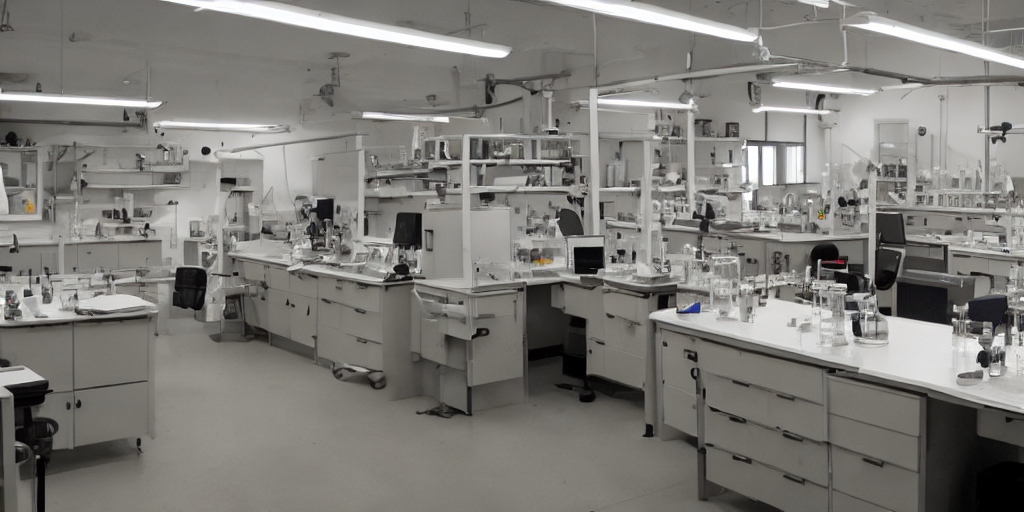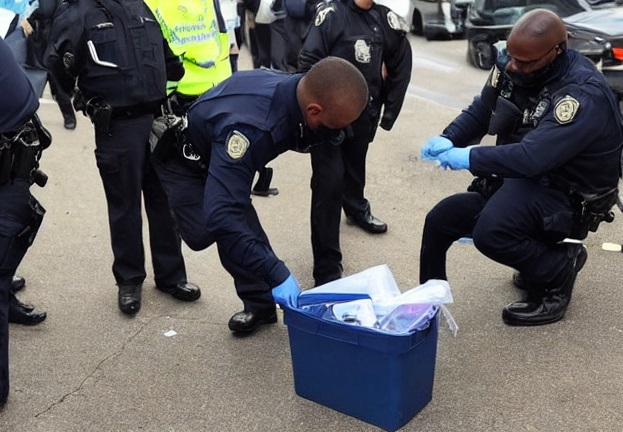Forensic science plays a pivotal role in modern criminal investigations in Canada, providing vital scientific evidence and expertise to support the investigation and prosecution of crimes. The use of advanced forensic science techniques and technologies has significantly advanced the field of criminal investigation, facilitating the solving of cases, identification of perpetrators, and ensuring justice is served.
Forensic science encompasses various specialized disciplines, including forensic biology, forensic chemistry, forensic toxicology, forensic anthropology, forensic entomology, and forensic psychology, among others. These specialized fields of science are employed in criminal investigations to analyze physical evidence collected from crime scenes, victims, and suspects, and provide scientifically sound conclusions that can be used as evidence in court.
One of the primary roles of forensic science in Canadian criminal investigations is the identification of suspects and victims. DNA analysis, for instance, has revolutionized forensic biology and has become a powerful tool in identifying individuals from biological evidence left at crime scenes, such as blood, semen, saliva, and hair. DNA profiles obtained from forensic samples can be compared to DNA databases, including the National DNA Data Bank in Canada, to establish links between suspects and crime scenes or to identify unknown individuals.
Forensic science also plays a critical role in analyzing other types of physical evidence, such as fingerprints, footwear impressions, tool marks, and firearms. Fingerprints, in particular, are unique to individuals and can be used to link suspects to crime scenes or objects. Forensic experts utilize specialized techniques to collect, analyze, and compare fingerprints, footwear impressions, and other physical evidence to determine their relevance to a crime and provide expert opinions in court.
Forensic chemistry and toxicology are also indispensable in criminal investigations, analyzing substances such as drugs, chemicals, and toxic substances to determine their presence, composition, and relevance to a crime. These analyses can provide valuable information about the type of substances used in the commission of a crime, such as in cases of drug trafficking or poisoning, and can assist in identifying suspects and establishing links between suspects, victims, and crime scenes.

“Physical evidence can not be intimidated. It does not forget. It sits there and waits to be detected, persevered, evaluated and explained.” – Herbert MacDonell
Forensic anthropology and entomology are specialized fields that can provide crucial information in cases involving human remains. Forensic anthropologists can analyze skeletal remains to determine the age, sex, ancestry, and other characteristics of the deceased, as well as assess injuries or trauma that may have occurred before or after death. Forensic entomologists, on the other hand, study insects found on and around human remains to estimate the time of death, which can be critical in determining the timeline of events in a criminal investigation.
Forensic psychology is another significant field that plays a role in Canadian criminal investigations. Forensic psychologists can provide insights into the behavior, motivations, and mental state of suspects and witnesses, and can assess their credibility and reliability as witnesses in court. Forensic psychologists may also provide evaluations of suspects’ competency to stand trial, or assess their risk of reoffending and recommend appropriate treatment or supervision.
The role of forensic science in Canadian criminal investigations goes beyond the analysis of physical evidence. It also involves the proper collection, preservation, and documentation of evidence to ensure its admissibility in court. Forensic experts follow strict protocols and guidelines to prevent contamination or tampering of evidence, and to ensure the integrity and reliability of the results obtained.
In recent years, advancements in forensic science and technology have continued to shape the landscape of criminal investigations in Canada. For example, the use of DNA databases, enhanced fingerprint identification techniques, digital forensics, and advanced analytical instruments has improved the accuracy and efficiency of forensic analyses. However, challenges remain, such as the need for adequate funding, training, and accreditation of forensic laboratories, as well as the ongoing development of best practices and standards in the field.
Forensic science also plays a role in cold cases and unsolved mysteries, where new forensic technologies or techniques may uncover previously unknown evidence or information. For example, advances in DNA analysis have helped solve cold cases by identifying suspects or victims, even decades after the crimes were committed. Similarly, improved fingerprint identification techniques or digital forensics may provide new leads or insights into unsolved cases.
The role of forensic science in Canadian criminal investigations goes beyond solving crimes and convicting offenders. It also serves to protect the innocent by providing evidence that can exonerate wrongly accused individuals. For example, DNA testing has been instrumental in overturning wrongful convictions and securing the release of innocent individuals who were wrongly imprisoned.
In conclusion, forensic science plays a critical role in Canadian criminal investigations, and in recent years, there has been increased awareness of the importance of forensic science in the field of criminal investigations in Canada. The use of advanced techniques and technologies in forensic science has significantly improved the accuracy and efficiency of analyses, leading to more successful prosecutions and exonerations. However, challenges remain, including the need for adequate funding, training, accreditation, and the continued development of best practices and standards in the field. As forensic science continues to evolve, it will undoubtedly play a crucial role in the pursuit of justice, ensuring that the guilty are held accountable and the innocent are protected.

